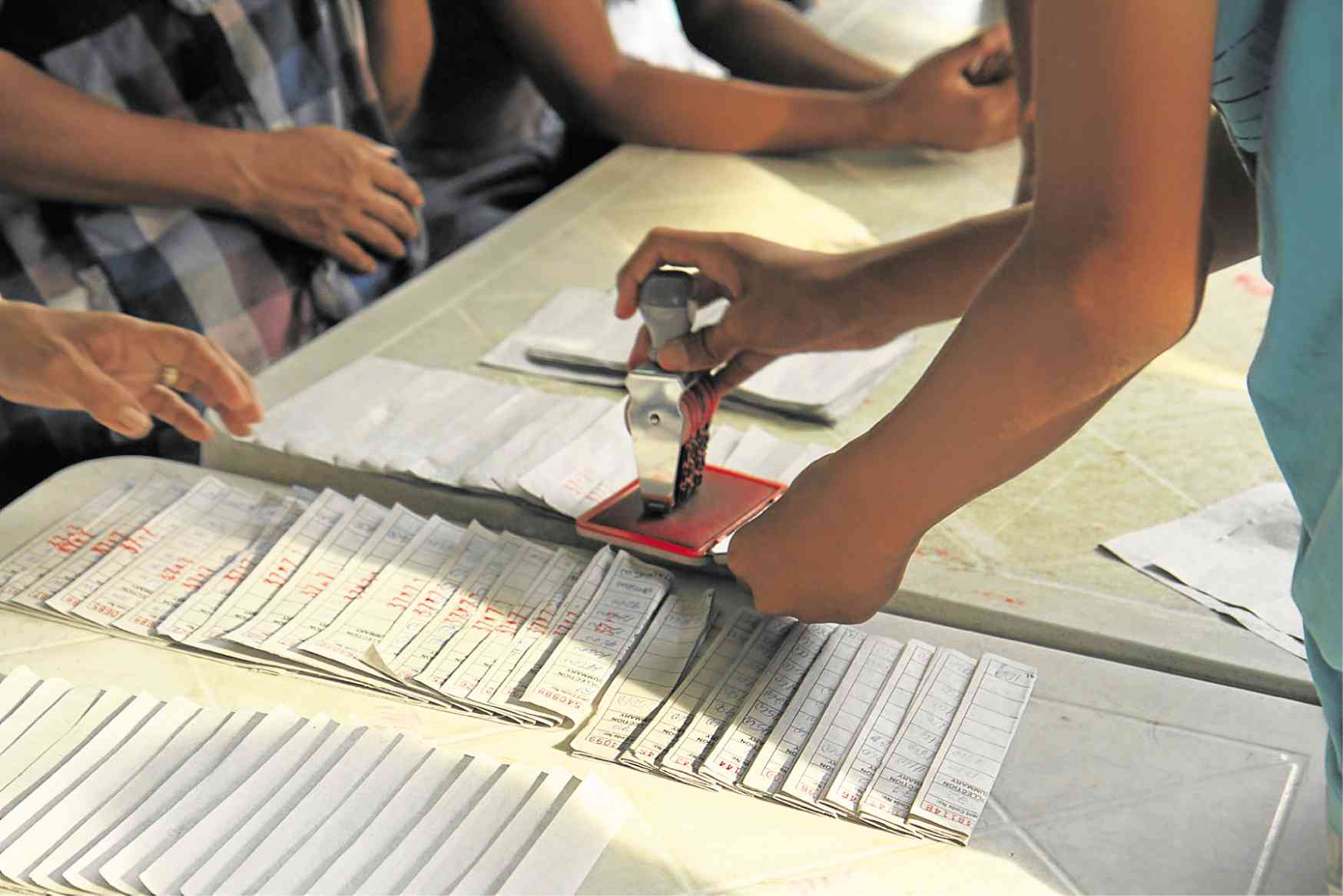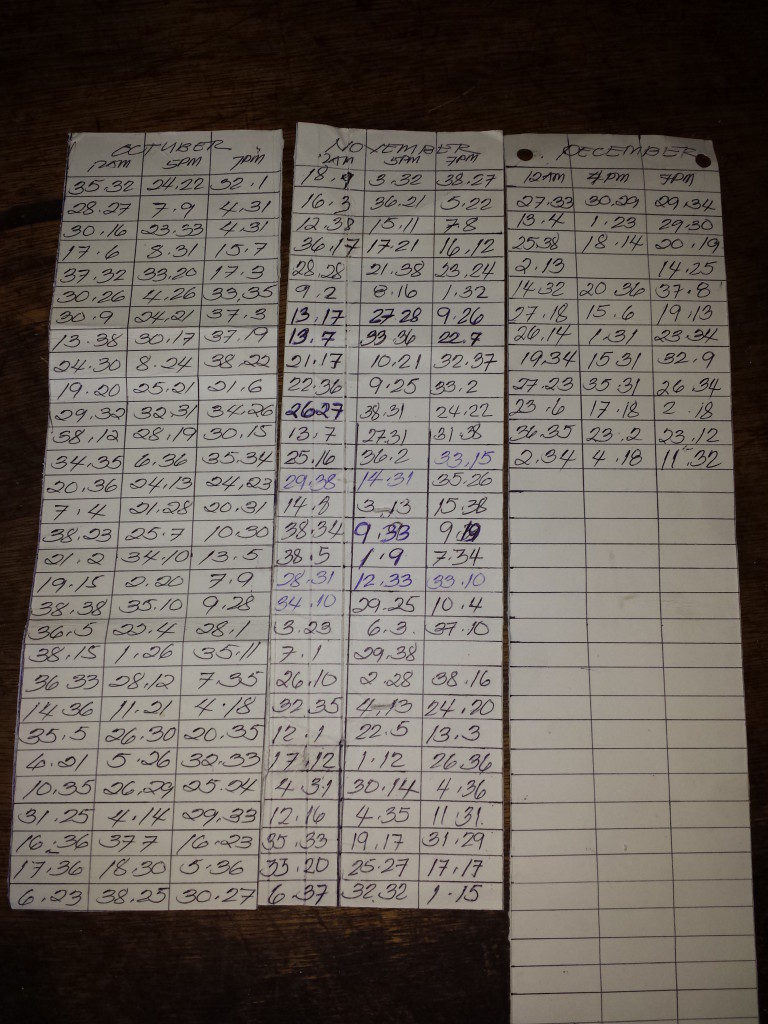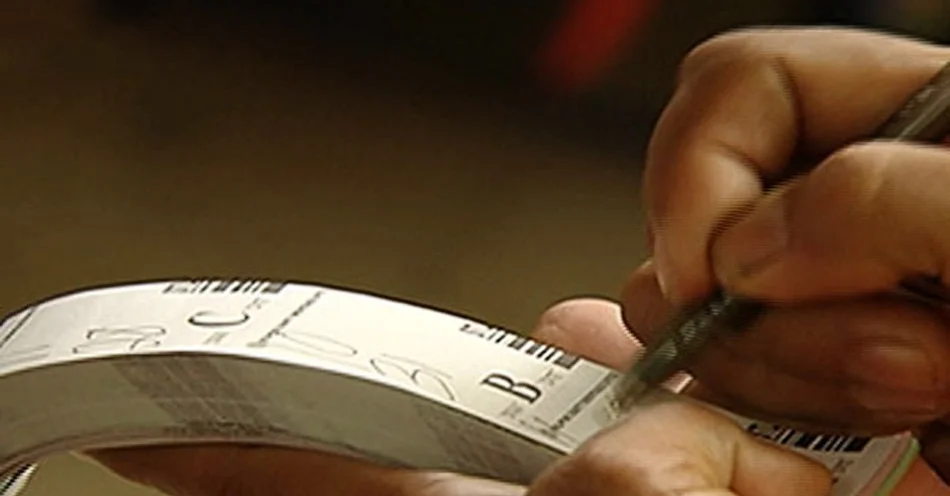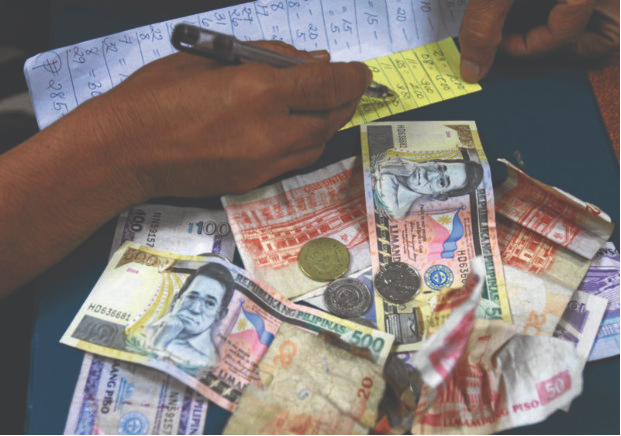Jueteng

The game is arguably the most popular and most controversial illegal numbers game in the Philippines. It was notorious for fueling various political scandals – such as politicians receiving illegal payoffs from gambling profits – and eventually caused the impeachment of former President Joseph “Erap” Estrada. For a country drenched in poverty, the appeal of jueteng and other “easy money” scheme cannot be denied.
Jueteng (pronounced hwe-teng) originated from China and actually means flower (jue) and bet (teng). It was said to be introduced by the Spaniards that colonized the country in the 1800s. Chinese migrants controlled jueteng operations in the 1900s until the locals took over. It is patronized by many, especially by the poor, unemployed citizens. Thousands of Filipinos rely on jueteng as their primary source of income, thus it continues to flourish despite the government’s serious attempts to eradicate various illegal numbers games in the country.
Jueteng is a highly organized network that operates in the National Capital Region, Cordillera Autonomous Region and Regions 1 to 5. Every jueteng operation has their own support staff or employees that are designated with particular tasks.

Banker – (capitalist) finances the jueteng operation
Operator – manages the whole operations in the community
Cobrador– assigned to a specific area to collect bets
Cabo – supervises the cobradors in the sales network, reports to the operator
Revisadores – (checker) examines discrepancies from bets and cash
The jueteng superstructure may also include cashiers, accountants, lawyers, PR agents and hit men.
With long odds and no limits on minimum or maximum bets, the lure of quick riches through a lucrative payout is by far its strongest appeal of this game.
So what is Jueteng?

This is a numbers game that involves the combination of 37 numbers against 37 numbers. In some areas,the operators use 38 numbers. For 37 against 37 numbers, there are, 1,369 combinations; while for 38 against 38 numbers, there are, 1,444 combinations.
It is a form of local lottery where the operators accept bets as small as 25 centavos and as high as P100 per combination. Thousands of people in Luzon make jueteng their source of livelihood either as collectors of bets or supervisors (cabo as referred to in the local dialect).
How to Play Jueteng

The numbers 1 to 38 marked in small wooden sizes just like those in bingo games are placed inside a container usually made of rattan. The draw is being witnessed by all the cabos(collectors) to show a semblance of honesty in the game. Somebody from the group of persons who are witnessing the game shakes the numbers inside the container and then draws one number which will become the first number of the winning combination.
- Before the draw (bolahan) starts, the kubradors or cabo (collector) visits potential bettors in their homes. They may also set-up stalls or kiosks on the street.
- Betting can also be done via text message.
- You can make a bet by picking two numbers from 1 to 37. Other operators use 38 numbers instead of 37.
- One peso bet can win Php400 – Php1,000, depending on the location and financiers.
- Bet can be as low as 25 cents. There is no limit on how much you can bet.
- Random numbers are drawn using Bingo equipment, sometimes the winning numbers are just given by the financier.
- If you win, you can collect the prize within 24 hours.
Jueteng Draw
As said above the cabos are there to witness the draw and demonstrate a semblance of honesty. The one in-charge of the draw shakes the numbers inside the container. The first number of the winning combination is drawn and duly recorded. The number is returned inside the container for the next draw. Another number is drawn to complete the winning combination.
The first number taken out is duly recorded and returned to the container for the drawing of the second number of the winning combination. The container is shaken for the second time and another number is drawn for the second number of the winning combination. Thus, the winning combination could be 1-4,2-6,5-9,34-36,etc. or a total of 1,444 combinations.
Some capitalists or bankers pay P700.00 for the winning combinations while others pay only P400.00.
Game Variations
Tumbok and Sahod – a bet placed on the order of the numbers drawn
Pompiang – a bet placed on same numbers (ex: 5-5)
Casa – a bet placed on three numbers
Deretsa – a bet placed on one number and any number that may be equal to or lower than the bettor’s chosen number


